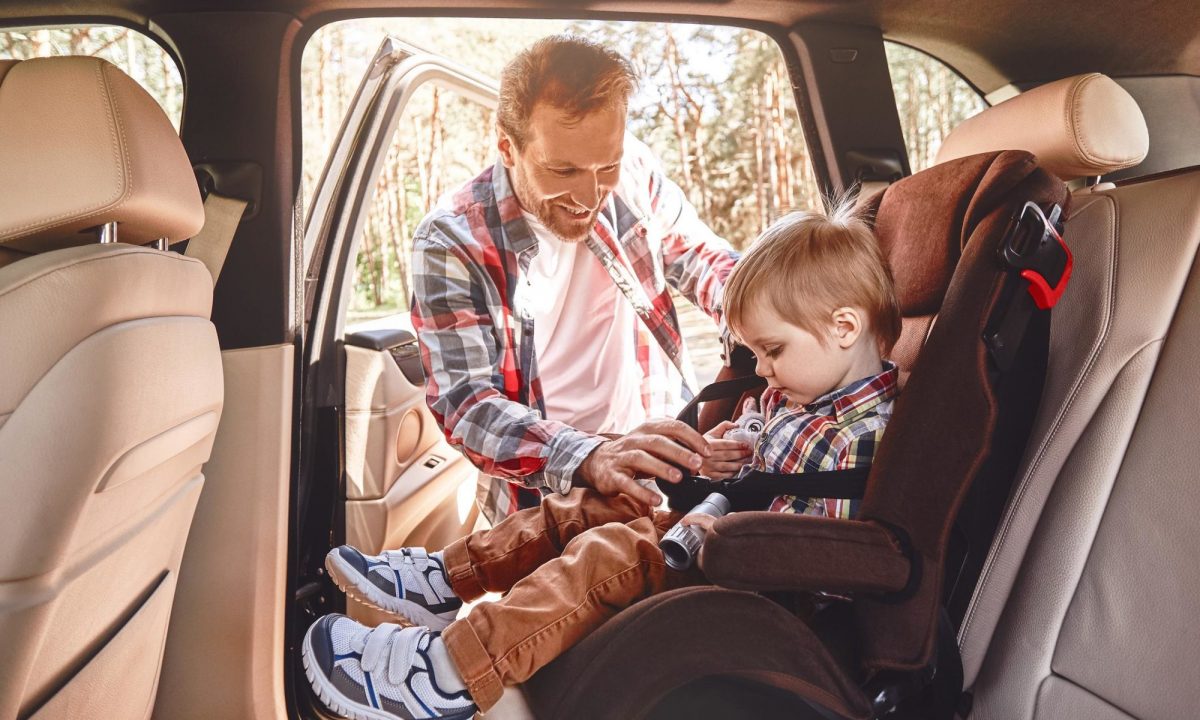The House of Representatives is introducing a bill aimed at improving booster seat safety. The Booster Seat Safety Act is primarily geared toward improving outcomes in side-on crashes. Existing regulations give the makers of booster seats too much latitude to ignore poor performances in safety testing.
Misleading ads are a leading reason behind the new legislation. The sponsors of the legislation cited an investigation by ProPublica that showed how car seat manufacturers used misleading advertising to convince parents that their booster seats would protect children in side-impact collisions.
Crash Testing Requirements for Booster Seats
Head-on collisions are a common type of car crash. Safety testing for these collisions is important. Side-impact collisions occur less often, but these crashes carry the potential for more serious injuries or even death. The higher rates of injury are partly due to the fact that cars are better equipped for safety in head-on collisions.
When it comes to booster seats, existing regulations allow the makers of these products to avoid side-impact testing or conduct tests that are meaningless.
One maker of booster seats, Evenflo, advertised one of its products as, “side impact tested.” The tests showed that the product performed very poorly when it came to protecting children from serious injuries. Evenflo was able to make claims about passing these tests because it had the power to decide what constituted a failure.
Who Can Safely Use a Booster Seat?
The NHTSA guidelines suggest booster seats for children as young as 4. They suggest that children continue to use a booster seat, in the back, until the seat belt fits. Seat belts should go across the child’s upper thighs, rather than the stomach. The shoulder belt should cross the shoulder and chest, not the head or neck.
Depending on a child’s height, booster seats can be necessary for many years. Knowing how these seats perform in side-impact crashes is an important piece of safety information.
New Testing Requirements
The new legislation calls for expanded testing requirements. Manufacturers would have to test booster seats in near-side and far-side car crashes. The NHTSA would have to determine a minimum height requirement, rather than just an age requirement, for which children should use a booster seat.
Finally, the law does not allow the NHTSA endless time to debate and negotiate with car seat companies while the safety problems persist.
Speak to an Attorney After a Car Crash
If you or a loved one has been injured in a car accident, you should schedule a free initial consultation with one of our experienced lawyers. Call the Dallas offices of Ted B. Lyon & Associates at 877-Ted-Lyon / 877-833-5966 or send us a message.





